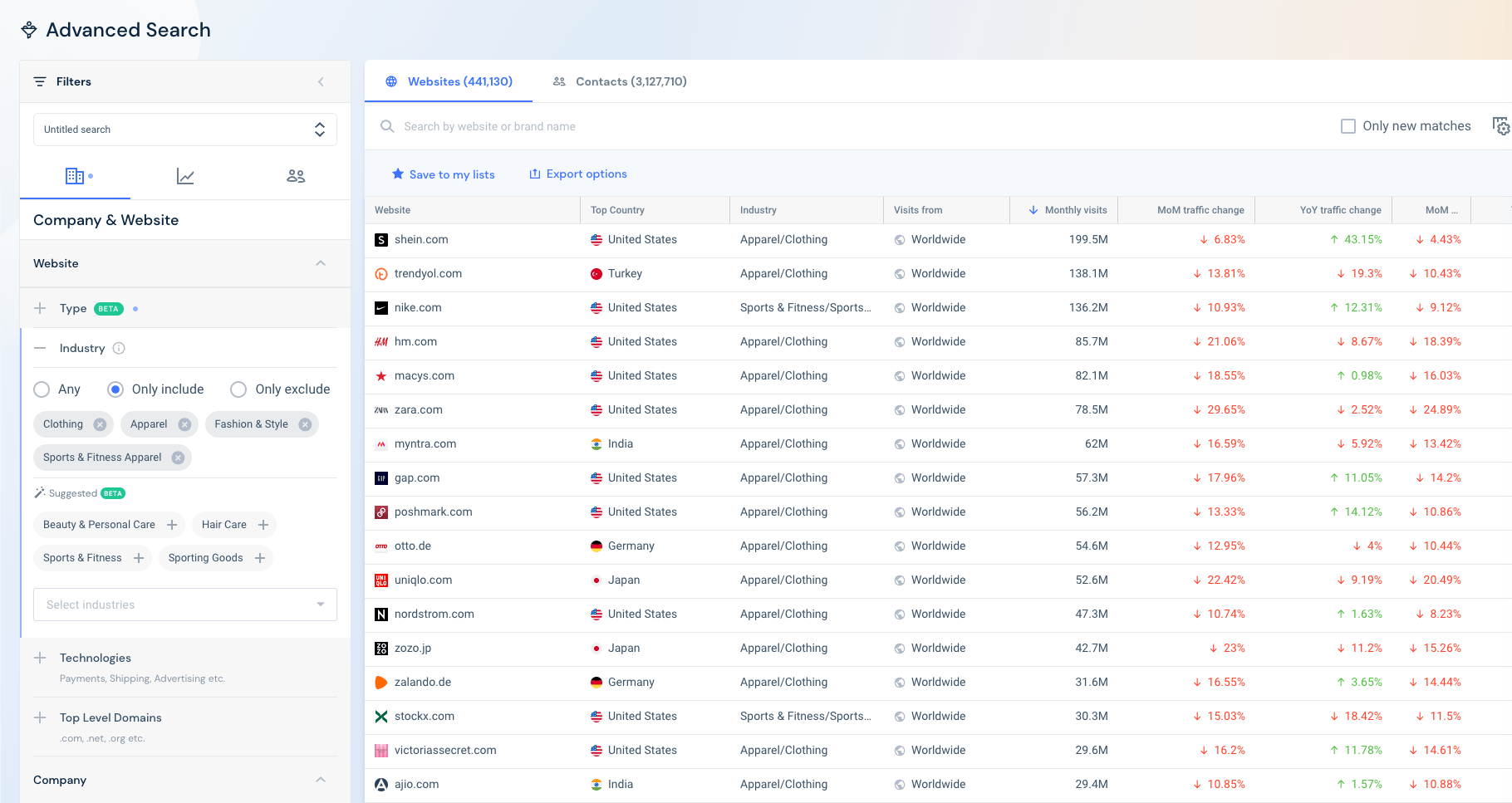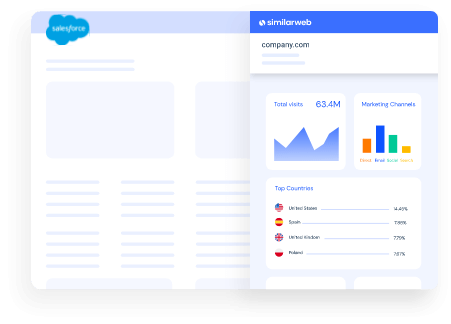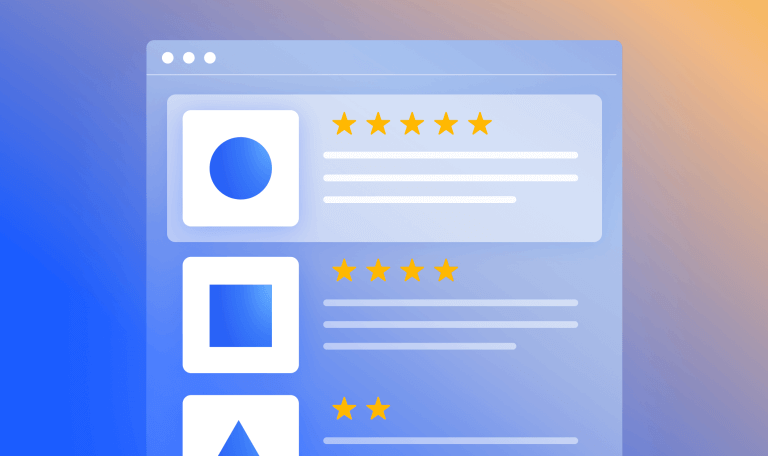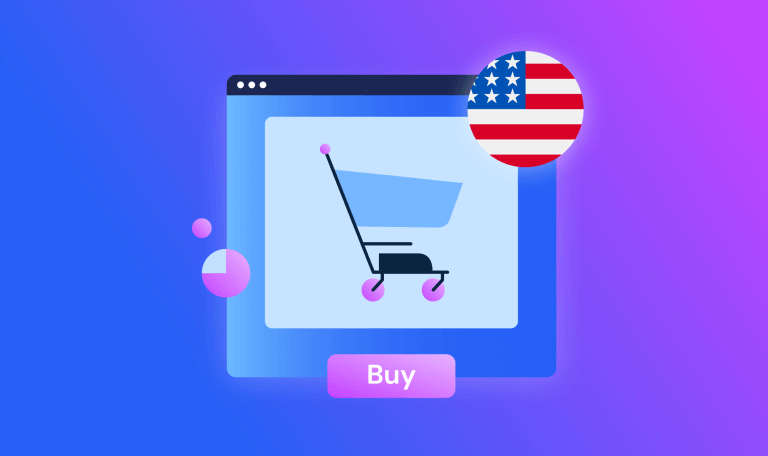What is Lead Qualification (And Why Is It SO Important for Your Sales Process)?

In the world of sales and marketing, lead qualification is a critical step in the process of turning potential customers into actual buyers. Do it right, you’ll save yourself time, money and resources, and drive better sales outcomes. Do it wrong, and you’ll just be barking up the wrong tree(s).
We’re going to take a deep dive into the definition of lead qualification, explore some of the key methods and techniques involved, and include some top tips on how to best qualify leads along the way.
Sound good? Let’s go then.
What is lead qualification?
Lead qualification is the process of assessing a potential customer’s fit, as well as their readiness to move forward in the sales process. Sales teams collect and analyze information to determine if a lead meets a certain criteria or ideal customer profile (ICP) for the company.
If you’re asking yourself what is a qualified lead, there’s your answer: a lead that fits the profile of an ideal customer, and has intent to buy.
Here are some examples of information that you need to qualify a lead (or not):
- Company size: The size of the company in terms of revenue or the number of employees, helping to determine the potential value of the lead.
- Industry: The industry in which the company operates will help you to understand the lead’s needs and pain points.
- Budget: A lead’s estimated budget or purchasing power can inform you if they’re a good fit for your product or service, and ready to move down the funnel.
- Authority: The lead’s level of authority or job title will have an impact on how quickly your potential lead will convert (if at all).
- Pain points: Looking at specific pain points and challenges that your potential leads face will give you a good idea of if they’re a good fit for your business.
- Current technologies: Identifying their current solutions and website technologies shows the potential for them to switch or add a new provider.
By collecting and analyzing this type of information through a mix of both automated process and the human touch, SDRs can determine whether a lead meets the criteria for a qualified lead and prioritize their outreach efforts accordingly.
And before we go into why lead qualification is so important to your sales process, here’s a top tip: that mix of automation and human is totally necessary at scale.
Things like budget and authority, as well as a real in-depth understanding of prospective leads, is unachievable without your SDRs. And the power of automation? That enables them to save a lot of time by only focusing on qualifying leads that have the highest revenue potential.
The importance of effective lead qualification
Like when you optimize any task to its full potential, it makes a whole process more efficient. The stages of your sales process are no exception. Here’s why effective lead qualification is so important (and why doing it right can really help you):
1) Better quality leads
By setting clear criteria for lead qualification (as well as regularly reviewing and updating them), you can make sure you’re generating higher quality leads – ones that are actually a good fit for your business, and ones that see your business as a good fit.
2) Higher conversion rates
Targeting leads that meet a specific criteria of your ‘ideal customer’ means they are more likely to convert. That means two great things: 1) an increase in conversion rates, and 2) more revenue generated.
3) More cost-efficient
Incorrect and incomplete data costs your organization money; not only because of the time (and salary) of your sales team though. Think about it: if you allow unfit, inbound leads to pass through your sales funnel, it’s going to impact customer experience, your customer support team, your conversion rate, and your churn rate.
Effective lead qualification will avoid – or at least minimize – the additional pressures on your team, and your performance metrics.
4) Less time wasted
If you’re effectively qualifying your leads, you’re going to end up with a good set of leads that should engage with your sales pitch. It will also help streamline your sales process so you’re prioritizing properly.
5) Improved customer experience
With a thorough lead qualification process, you’ll understand your ideal customer a whole lot better. This means you can improve your customer experience by catering your sales pitch and solution to meet their specific needs.
6) Stronger sales and marketing alignment
For your lead qualification process to be truly effective, you’re going to need collaboration between your sales and marketing teams. Along with a ton of other benefits, you’ll ensure you’re all aligned on goals and what makes a high quality lead.
Similarweb Sales Intelligence: Helping you qualify better (and more) leads
When it comes to qualifying leads effectively, there are a few things to consider. On top of every other stage in your sales process, it might seem like you’re juggling a lot at once.
Enter: Similarweb Sales Intelligence.
As a sales intelligence platform, we help guide a SDR’s list of discovery questions by providing valuable insights about the prospect and their organization.
With the help of a platform like ours, SDRs can gain access to a range of data points for their prospects and the industry (or industries) they’re targeting. This includes things like company size, recent news and events, and exactly what’s in the prospect’s tech stack.
For example, your sales intelligence platform reveals that the prospect’s company recently announced a new initiative, the SDR could go straight in and ask about how that initiative might impact the prospect’s technology needs. This knowledge and consultative selling approach will prove your interest in the company – that goes beyond your sales pitch – and build credibility.
Here’s a little run-through of how Similarweb Sales Intelligence tee you up (very) nicely to take you to the next level in your lead qualification, providing valuable context and insights to inform conversation and build a strong relationship with your prospect:
1) Identify target companies
Start off by making the most of our Lead Generator; with this tool, you can simplify your search for prospects. With over 100 filters, you can refine your list down to meet the specifics of your ideal customer profile, including industry, company size, and geography.
Once you’ve got that? You can refine even further to include website data and performance metrics, as well as co to make sure you’re not wasting time on prospective leads that aren’t going to go anywhere.
You can also incorporate Similarweb into lead scoring mechanisms to make sure only qualified inbound leads are coming through to you.
2) Qualify based on website traffic and performance
Then we’ve got the company review feature. Here you’ll find all the information about your prospects’ online presence, which you can export straight into your CRM (Salesforce and HubSpot, or straight to your desktop on an Excel spreadsheet), to help with your lead classification, including:
- Website traffic and engagement
- Demographics
- Geography
- Website technologies
- Marketing efforts
- Competitive landscape
- Keywords
- Social overview
- And MORE
Basically, a single (more intelligent) platform, instead of those 5 platforms you might currently be paying for to enrich your leads.
With a little bit of snooping, you can gain a greater understanding of your prospect, their competitors, and the industry they’re in. That includes not only how they are performing in the market, but also pain points and challenges they see along the way. And that, my friends, is exactly what you should angle your sales pitch to.
Similarweb can ensure your lead database is filled with the most accurate and up-to-date information out there, so you know you’re never behind the curve.
3) Prioritize leads accordingly
With the wealth of data that Similarweb Sales Intelligence provides, you can prioritize your outreach efforts to make sure you’re focusing on the right kind of leads that are ready to buy your product, today. Prioritization = optimization of your sales process and an increase in your success rate, and you can’t complain about that, can you?
By prioritizing your target leads, you will convert more leads in a shorter space of time and hit that target. Once you’ve nailed that? You can focus on that ‘maybe’ pile who might take a bit more education and persuasion.
Nail your lead qualification process
That’s right. All of that in one platform.
If you’d like to hear about how Similarweb Sales Intelligence can benefit you and your business specifically, get in touch.
FAQs
What is qualifying in sales?
Qualifying in sales is the process of gathering information and data about these prospects to determine whether they are a good fit for your business.
What is a qualified lead?
A qualified lead is a sales prospect that has been evaluated by the sales team, and fits with your business’ ideal customer profile.
Why is effective lead qualification so important?
There are many reasons why you should ensure your lead qualification process is effective – mainly because it saves your business time and money as you’re ensuring better quality leads.
Boost your consultative selling impact
Try Similarweb Sales Intelligence today — free of charge









